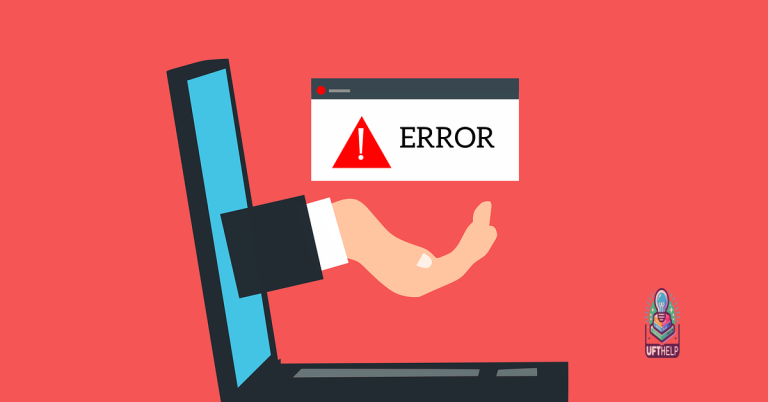Chrome Won’t Open in Windows 10 – Top Fixes
If you’re experiencing difficulties opening Chrome on your Windows 10 device, you’re not alone. In this article, we’ll explore some of the most effective solutions to this issue.
Troubleshooting Chrome Opening Issues in Windows 10
If you’re having trouble opening Google Chrome on your Windows 10 PC, there are a few fixes you can try. First, make sure Chrome isn’t running in the background by opening Task Manager and ending any Chrome processes. If that doesn’t work, try restarting your computer or running Chrome in Safe Mode by holding down the Shift key while opening it. Another fix is to check for any antivirus software that may be blocking Chrome, and temporarily disable it to see if that resolves the issue. You can also try reinstalling Chrome or clearing your browser’s cache and cookies. If none of these fixes work, you may need to seek further help from the Google Help Center or community forums.
Additionally, Fortect can fix causes of freezing or slowdowns, ensuring that Windows and other programs run smoothly. While it can’t specifically fix Chrome not opening, it can address underlying issues that may be contributing to the problem.
import os
def check_chrome():
'''
Checks if Google Chrome is installed on the system
'''
program_files = os.environ['ProgramFiles']
chrome_path = os.path.join(program_files, 'Google', 'Chrome', 'Application', 'chrome.exe')
return os.path.exists(chrome_path)
def open_chrome():
'''
Tries to open Google Chrome and returns the result
'''
try:
os.system('start chrome')
return True
except:
return False
if not check_chrome():
print('Google Chrome is not installed on this system')
else:
if open_chrome():
print('Google Chrome was successfully opened')
else:
print('Failed to open Google Chrome')
This code checks if Google Chrome is installed on the system and tries to open it using the `os.system()` command. If Chrome is not installed or cannot be opened, it returns an appropriate message. However, this code does not address the issue of Chrome not opening specifically on Windows 10, as the issue could be caused by various reasons such as outdated drivers, conflicting software, or malware.
Tips for Enhancing Privacy and Transparency on Chrome in Windows 10
| Tips for Enhancing Privacy and Transparency on Chrome in Windows 10 | |
|---|---|
| 1. | Use the Incognito mode: This mode does not store browsing history, cookies, or any other data that might be used to track your online activity. |
| 2. | Clear browsing data regularly: This will remove any stored information about your browsing activity and make it harder for third parties to track you. |
| 3. | Disable third-party cookies: These cookies are typically used by advertisers to track your online behavior, so disabling them can enhance your privacy. |
| 4. | Use a VPN: A Virtual Private Network can encrypt your internet traffic and hide your IP address, making it harder for anyone to track your online activity. |
| 5. | Install privacy extensions: There are many browser extensions that can enhance your privacy, such as AdBlock Plus, Ghostery, and Privacy Badger. |
| 6. | Check for updates regularly: Keeping your browser up-to-date can help fix any security vulnerabilities and ensure that you have the latest privacy features. |
It’s advisable to exercise caution when encountering issues with Chrome not opening on Windows 10, but it’s important not to over exaggerate the severity of the situation. Download this tool to run a scan







